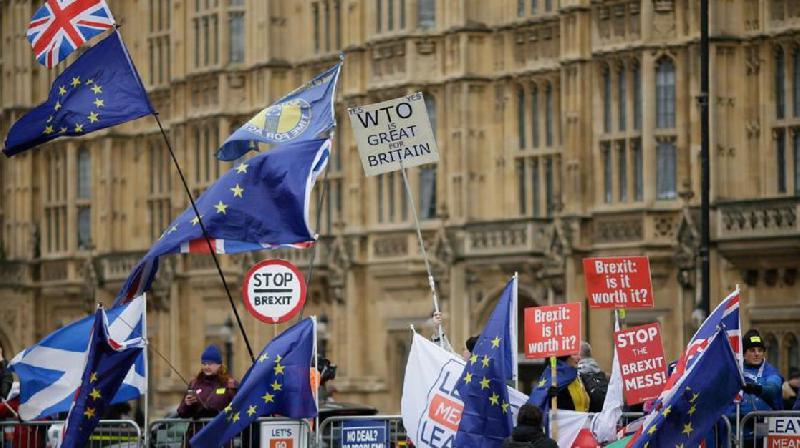
British Prime Minister Theresa May said Monday she will make the closing speech drawing to a close the marathon debate on Britain's future in the European Union (EU).
Despite making a strong plea to MPs to support her Brexit deal, few people across the political divide expect May to win enough support when more than 640 Westminster MPs vote on Tuesday evening.
If, as widely expected, May loses Tuesday's vote, she will live to fight another day. She will have until next Monday to return to the House of Commons with an alternative plan.
Waiting in the wings will be the Labour leader Jeremy Corbyn, who has announced he will trigger a vote of no confidence in May's government if she loses the vote. But he has yet to say when he would actually start the process.
Corbyn met Monday night with Labour MPs at Westminster and assured them that a no-confidence vote "would be coming soon".
The main opposition Labour party hope a confidence vote will trigger a snap general election, and the chance for a new Labour government to seek a better Brexit deal with the EU.
Corbyn said: "When the prime minister's deal is defeated, she will only have herself to blame. She has spent two years negotiating with her cabinet and her bickering backbenchers instead of the EU, shutting out trade unions, businesses and parliament from the process.
"The Tory party's botched deal will be rejected by parliament. We will then need an election to have the chance to vote for a government that can bring our people together and address the deep-seated issues facing our country."
A rally to see off a confidence vote could see Conservative MPs, bolstered by the Democratic Unionist Party, oppose Corbyn's move to prevent a general election. By a wafer thin margin they have enough votes to defeat Corbyn.
May also held a meeting in the House of Commons with her own Conservative MPs, urging them to support her deal.
Although more Conservative MPs who had previously said they would oppose her deal, have changed their minds, May is bracing herself for a big loss in the voting lobby.
Stronger reassurances from Brussels about the so-called Irish border stopgap do not appear to have convinced many MPs to change their minds.
The biggest stumbling block is the EU's refusal to remove what is an insurance policy against a failure to reach a permanent future trading relationship with Britain.
If the backstop comes into operation it would mean Northern Ireland having to operate on EU rules, unlike the rest of Britain, a situation that has been roundly condemned by all political parties.
Speaking at a factory in Stoke-on-Trent Monday, and later on in the House of Commons, May also ruled out extending the March 29 deadline for Britain's departure from the EU. She has insisted the March deadline will remain.
Opening the penultimate day of the Brexit debate Monday, International Trade Secretary Liam Fox described the 2016 EU referendum as a contract with the British people. He said the contract needed to be honored.
He told MPs in the House of Commons: "For parliament to attempt in any way to thwart or block Brexit by any means would be an act of vanity and self indulgence that would create a breach of trust between parliament and the people, with potentially unknowable consequences."
Fox said 80 percent of the MPs members were elected on a manifesto that said they would honor the result of the referendum.
"We have a duty to do so if we are to keep faith with our voters," he said.
Hundreds of journalists from the world's media have descended on Westminster, creating a media village, to report on one of the biggest political events since the end of World War II.
One political commentator said: "The future of Britain in the EU goes well beyond the borders of Europe, it is a world event, with global implications."

















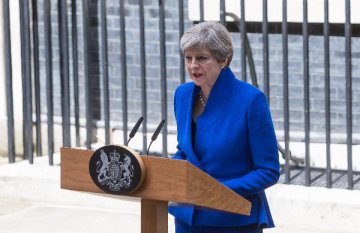
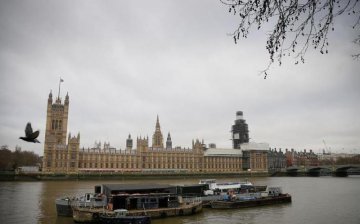
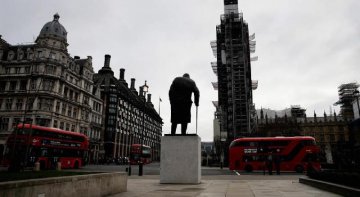
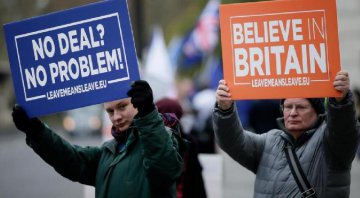
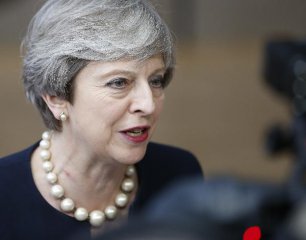


Latest comments